India’s Role in Shaping the Global Public Discourse on Terrorism
Sat, 22 Jan 2022 | Reading Time: 4 minutes
Among the most significant threats to India’s national security is terrorism. Various types of terrorism have adverse effects on India’s national security, including killings, kidnappings, destruction of properties, and disruption of civic order. Terrorism from across borders has been a major threat since India gained independence. Pakistan attacked the princely state of Kashmir on 24th October 1947. Kashmir’s ruler then appealed to India for assistance. Rather than using the regular army, Pakistan sends tribal forces , which enables them to conduct cross-border terrorism without being held accountable for their actions.
In its rivalry with India, Pakistan resorted to sub-conventional warfare after conventional warfare failed it. Sub-conventional warfare has endured in varying intensities and forms until today. The Pakistani military’s support for the mujahideen is based on its determination to revenge itself for the humiliating defeat by India they suffered in the 1971 war. This defeat led to the dismemberment of East Pakistan into Bangladesh. The Pakistani forces have lost every war they have fought with India, and are outgunned and outnumbered.
Pakistan chose to move forward with the K2 plan. This refers to Khalistan and Kashmir. Since then, Indians have experienced terrorism in Punjab in the 1980s and in J&K in the 1990s.
There is also some evidence that the current insurgency began with alleged electoral manipulation of the 1986 elections in Kashmir. As a result, Kashmiris lost credibility with the Delhi government, and law and order in the state started to crumble. Taking advantage of the situation, India’s neighbour began arming and training Kashmiri youths who crossed the Line of Control for insurgency operations against India. At the beginning of the insurgency in Kashmir, all political violence was led by the militant separatist movement Jammu and Kashmir Liberation Front (JKLF).
Islamist terrorist groups commonly believe that India hurts Muslim interests. In transforming a national conflict into a pan-Islamic jihad, terrorists are waging a global war of religion. In South Asia, terrorism has taken on a new dimension, causing destruction to civilian populations and property, and bringing unimaginable misery. Due to its location between authoritarian states and fledgling democracies engaged in terrorism, drugs, and fake currency exports, India has fought a proxy war in the Indian part of Kashmir with Islamic militants and groups committed to liberating Kashmir since the 1980s.
The World Trade Center attack on 11 September had the beneficial side-effect of forcing the West to realize that mass casualty terrorist movements are not solely the result of impoverishment and corrupt governance. The 1990s were a decade of racism in Washington, where the belief that terrorism in a particular country was due to that country was prevalent. Considering the United States’ leading role as a discourse shaper, such views radiated outwards to encompass much of Western discourse. It is ironic that the US itself was once a victim of state-sponsored terrorism in the Middle East, in Lebanon in the early 1980s.
It is the national interest of every sovereign state to pursue its own perceived national interests. At the top of the hierarchy of vital interests of a country, matters such as territorial integrity, state sovereignty, and people’s security would be considered. On the global stage, India continues to place state sovereignty at the center of its counterterrorism diplomacy.
With its involvement in the counter-terrorism regime before 9/11, India has played an active and constructive role. An influential role was played by India in the drafting of General Assembly Resolution 40/6 in 1987. The Indian government is of the opinion that the underlying causes of terrorism must be dealt with in order to eliminate the threat. Additionally, India understood the differences between terrorism and movements for self-determination and was also concerned about mercenary terrorism aimed at destroying territorial integrity. In 1991, when it came to violence associated with national liberation movements, India maintained its position from the post-Cold War era that recognized national liberation movements’ right to self-defense. Following the 1993 Declaration of Human Rights, India in a country report regarding human rights in the Third Committee of the General Assembly in 1993, referenced Pakistan’s involvement in the 1993 Mumbai attacks, and stated terrorism was the greatest obstacle to the realization of human rights.
Since the end of the Cold War, India has played a significant role in proposing and supporting a number of resolutions on counter-terrorism. At the 1996 General Assembly, India introduced the Draft International Convention on Suppression of Terrorism, which sought to deal with state support for terrorism. The nation insisted that state-sponsored terrorism was an existential threat, much earlier than developed countries. An Indian draft resolution on Human Rights and Terrorism was cosponsored by India in 1997, and it was adopted in 1999. As the only country to vote against the 2003 United Nations resolution on Countering Terrorism while Protecting Human Rights, which did not mention terrorism’s violation of human rights, India abstained.
A draft of the Comprehensive Convention of International Terrorism proposed by India was presented for discussion by the General Assembly in 2000. As a co-sponsor of the draft resolution on hostage-taking and as an introducer of a resolution to stop terrorists from acquiring weapons of mass destruction in 2002, India played an important role in the General Assembly. As one of the members of the General Assembly, India supported the Global Counter-Terrorism Strategy Adopted in 2006.
Today’s terrorism is more complex, often connected to multiple ideological/religious and political goals. Additionally, it has a remarkable capacity for lethal violence and transnational extension beyond local or regional boundaries. It has become commonplace for terrorist groups to intentionally cause uncertainty, fear, and anxiety in their target groups in order to achieve the desired psychological effect.
India should continue participating actively in international forums and engage with other countries to create pressure against terror financing. Furthermore, all agencies should also serve as watchdogs on global terror networks and should come together in order to coordinate mitigation strategies.
Disclaimer
The opinions expressed in this article are the author’s own and do not reflect the views of Chanakya Forum. All information provided in this article including timeliness, completeness, accuracy, suitability or validity of information referenced therein, is the sole responsibility of the author. www.chanakyaforum.com does not assume any responsibility for the same.
Chanakya Forum is now on . Click here to join our channel (@ChanakyaForum) and stay updated with the latest headlines and articles.
Important
We work round the clock to bring you the finest articles and updates from around the world. There is a team that works tirelessly to ensure that you have a seamless reading experience. But all this costs money. Please support us so that we keep doing what we do best. Happy Reading
Support Us




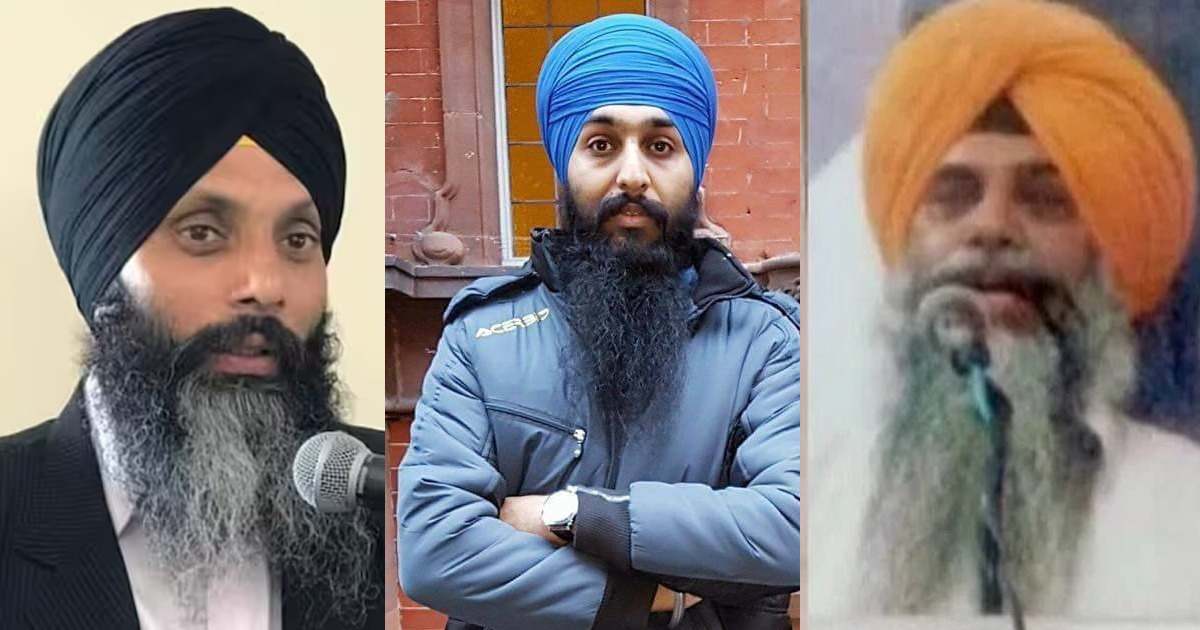
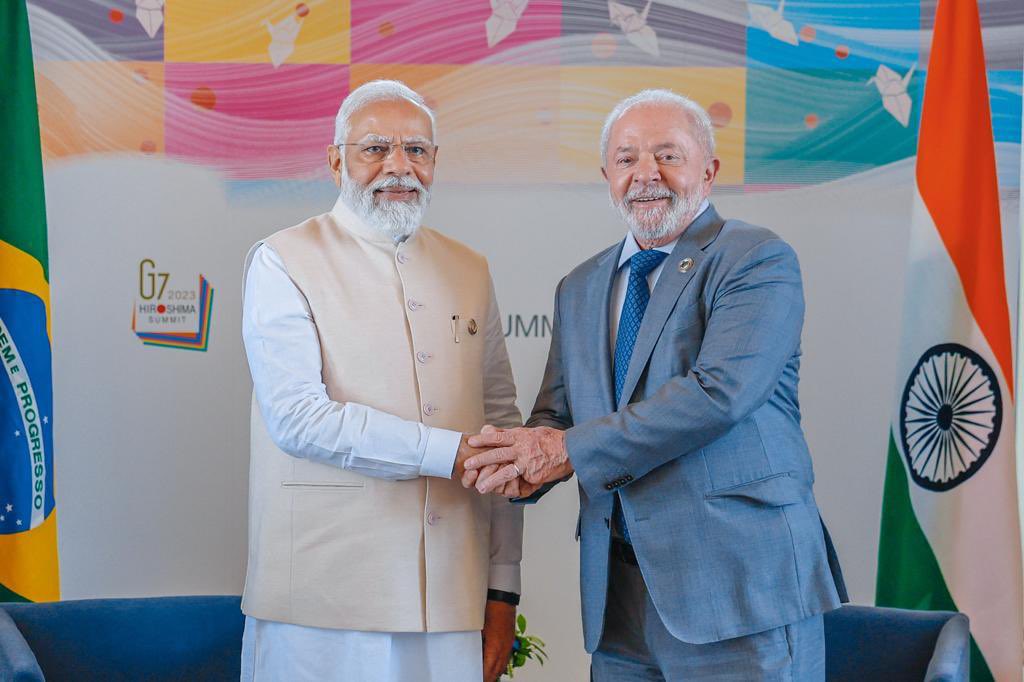

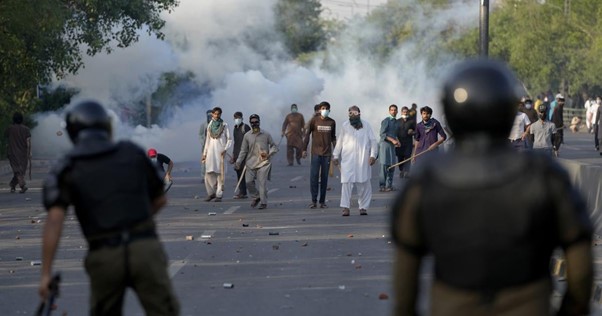

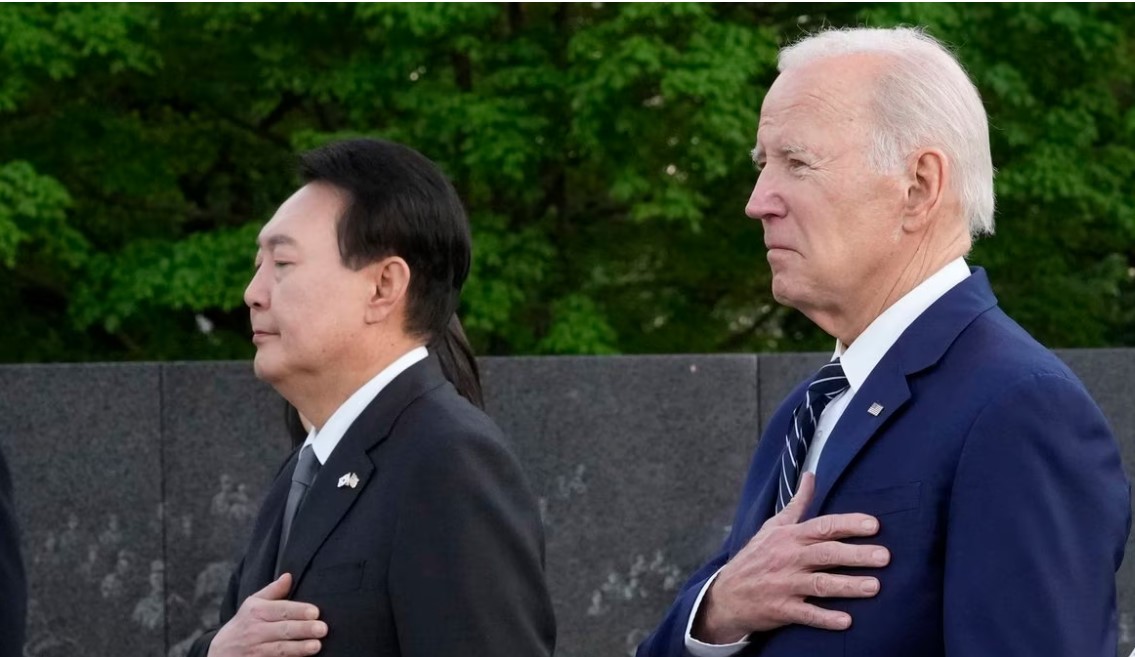


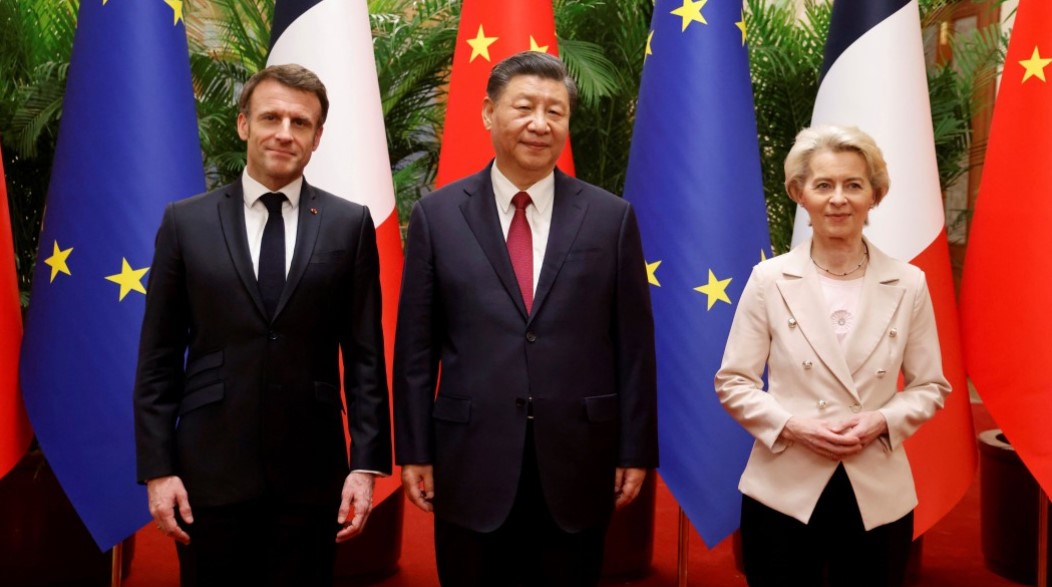







POST COMMENTS (4)
Arvind
Anshul Bharti
Aishwarya
Parutosh